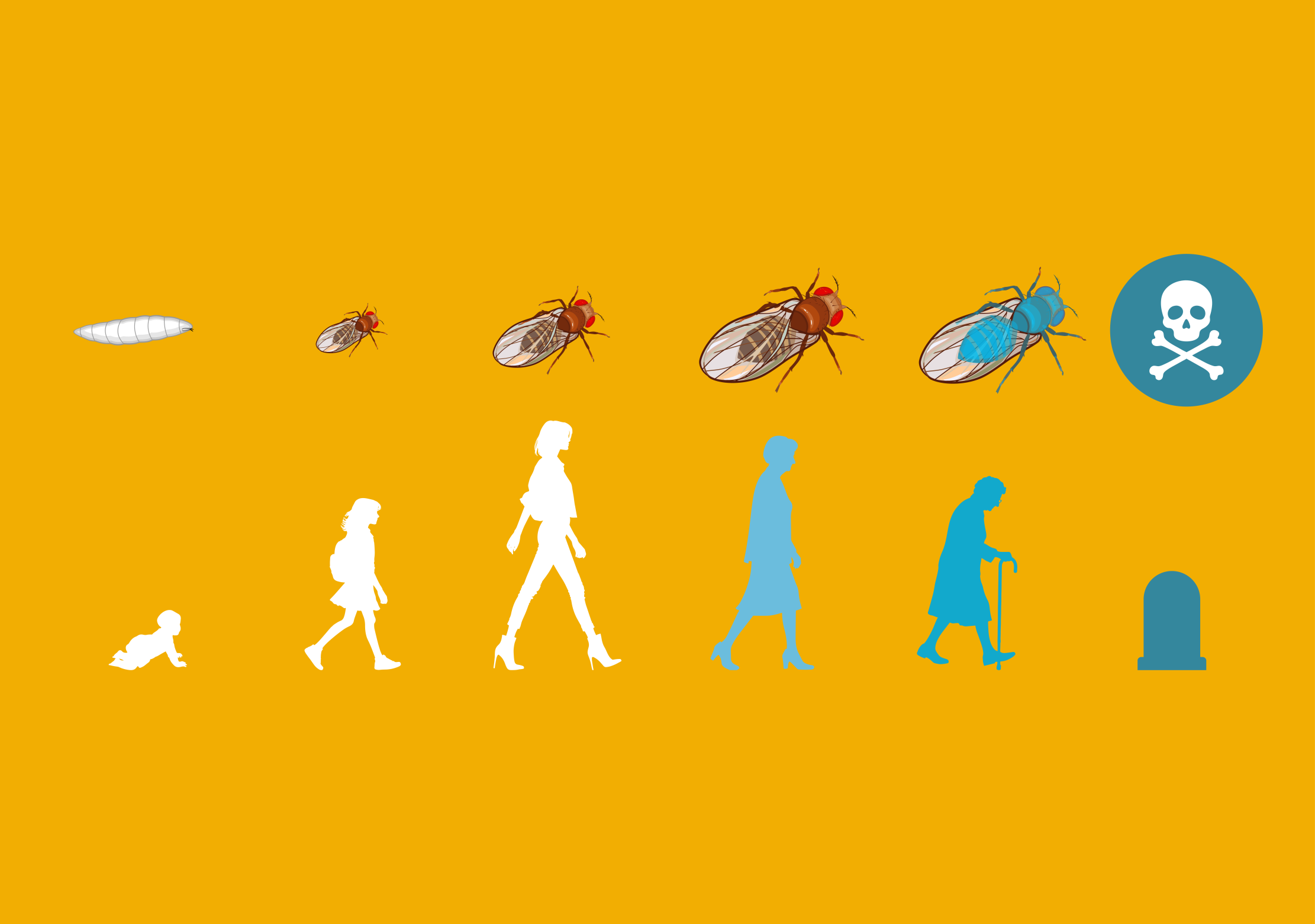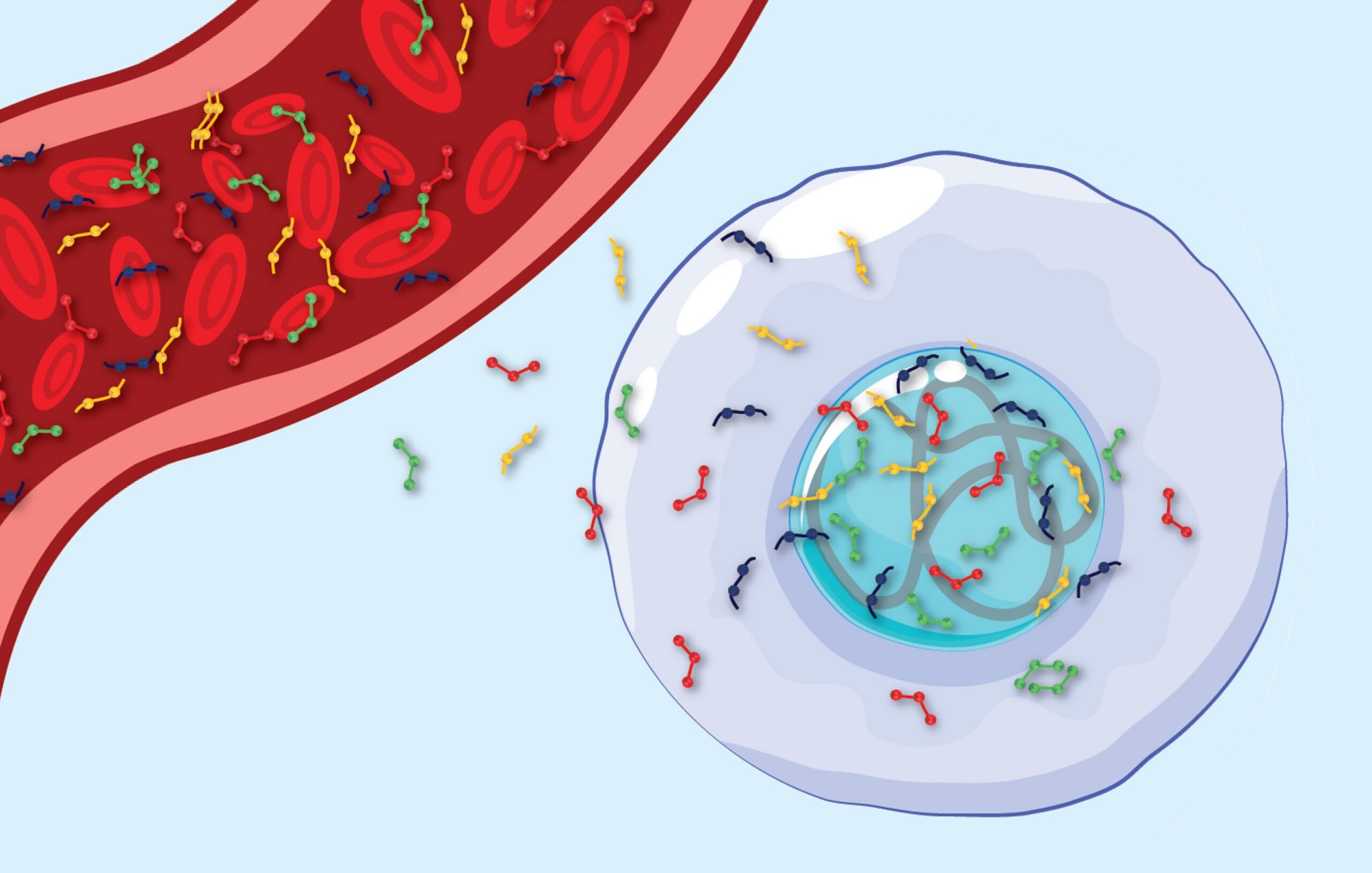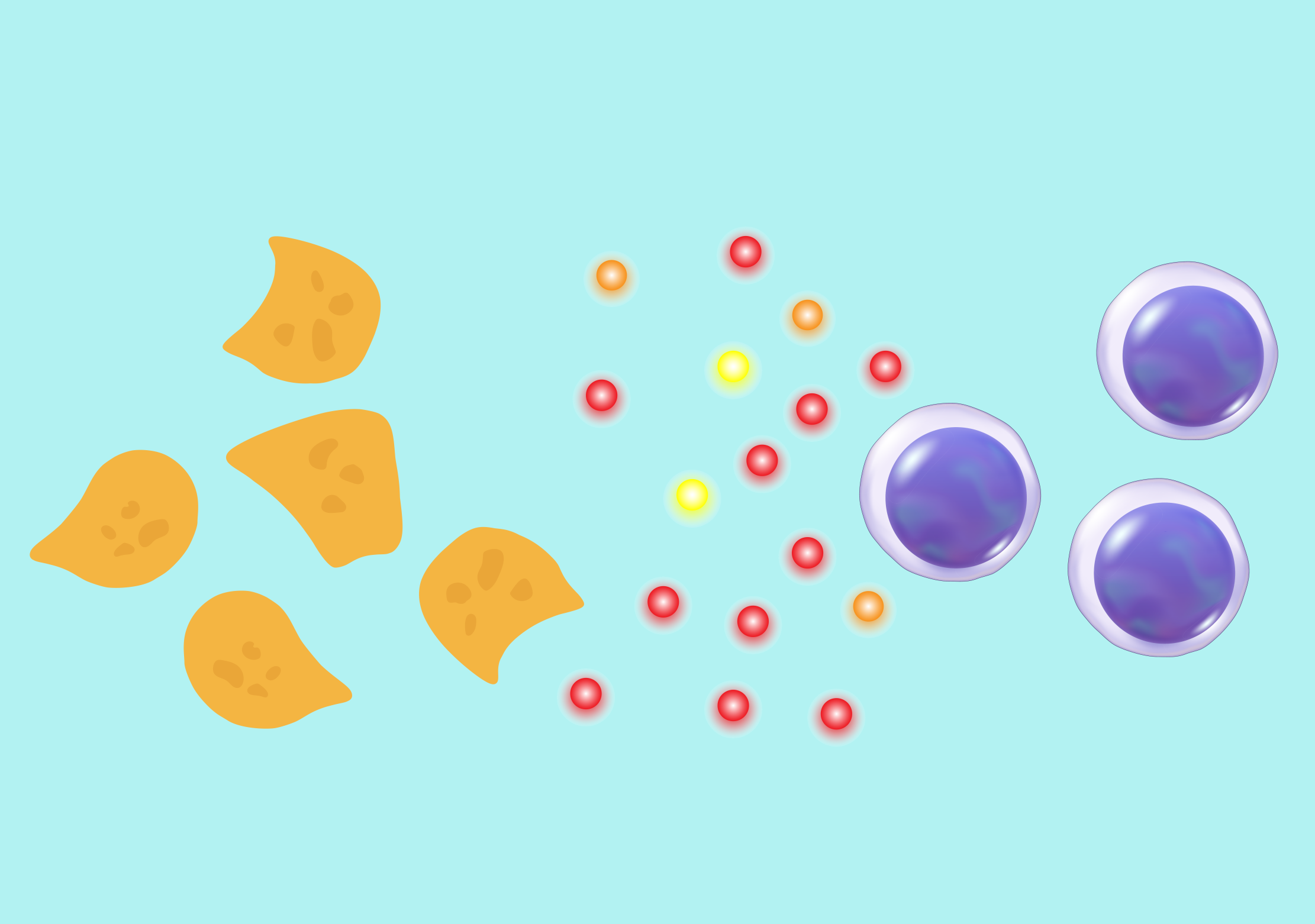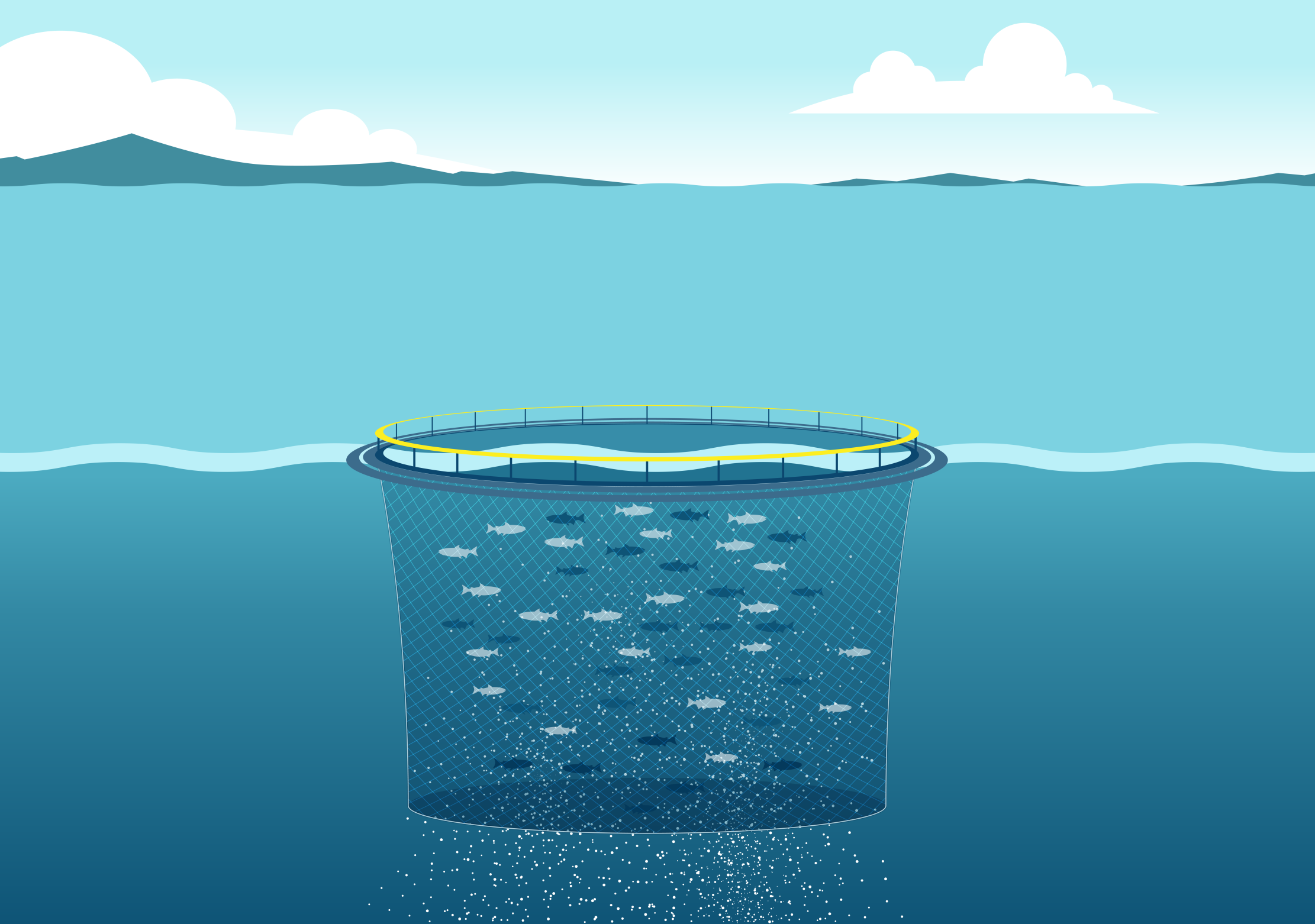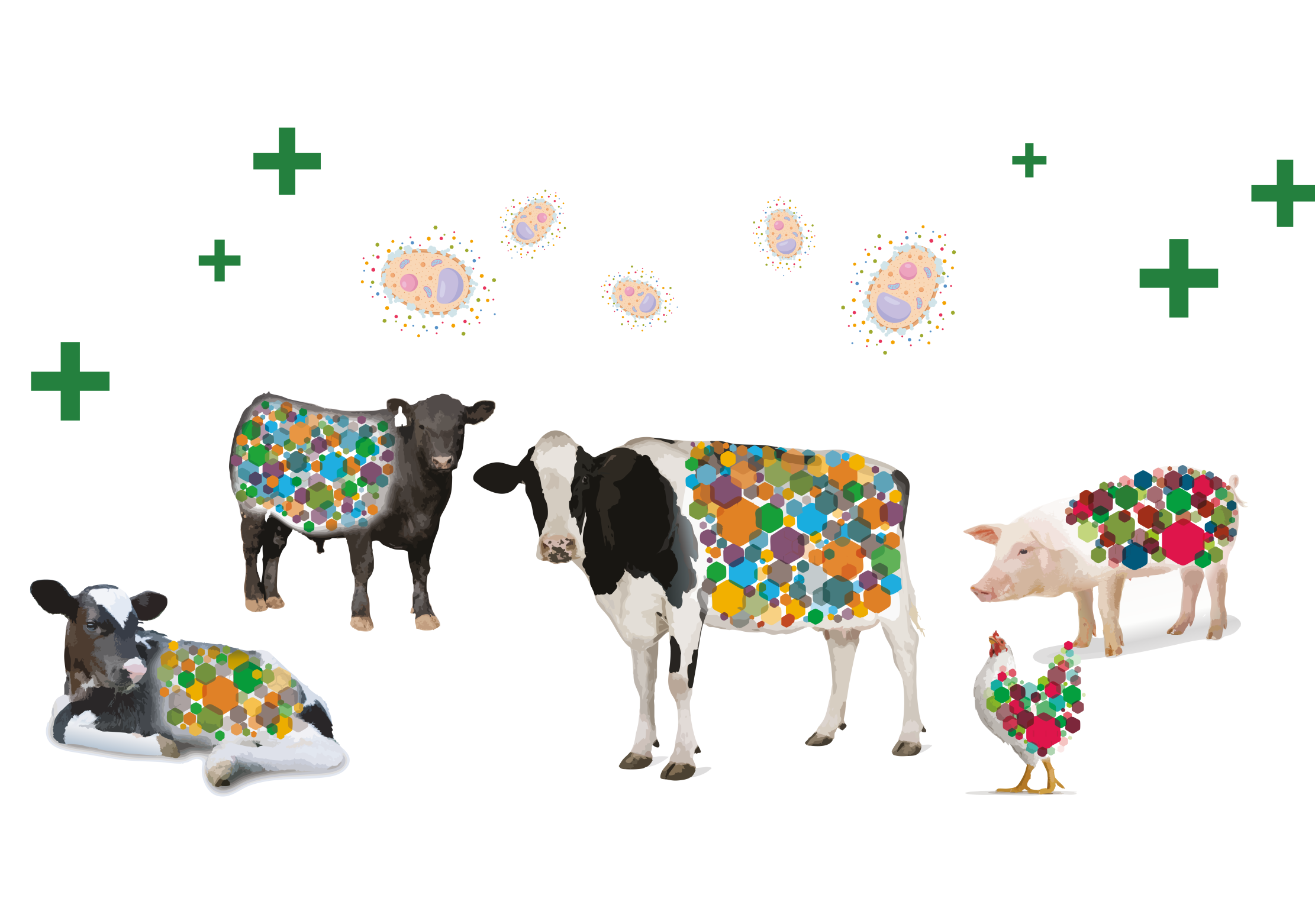Non-small cell lung cancer, or NSCLC, accounts for approximately 85% of lung cancer cases worldwide. Although NSCLC typically progresses at a slower rate than other types of lung cancer, by the time it is diagnosed it has often spread beyond the lungs, making it harder to treat. About a quarter of NSCLC cases are driven by so-called ‘oncogenes’. Such oncogene-driven cancers develop due to the extreme and uncontrolled expression of a gene that transforms normal cells into tumour cells. Read More
Unlike most lung cancers, the majority of patients with oncogene-driven NSCLC are women, and have never been a smoker. For these reasons and more, the needs of these patients are currently not met by general lung cancer charities and support groups. To help this cohort of patients, ALK Positive UK and EGFR Positive UK – both lung cancer charities – formed patient support groups specifically for those with oncogene-driven lung cancer.
The charities recently investigated the effectiveness of these new patient groups for supporting and educating people with oncogene-driven lung cancer. The researchers asked 167 people with NSCLC who were part of oncogene-focused patient groups to answer an online survey. The vast majority of participants had been diagnosed with stage 4 of the disease. While patients with Stage 4 NSCLC have access to targeted therapies, none of these treatments are likely to cure the disease.
The survey asked patients to share their views on how their patient group had supported them and educated them throughout their cancer journey. Most participants reported that attending group meetings helped them in multiple ways, with almost three-quarters stating that they would recommend their group to others.
Half of the participants felt that their group helped them cope with daily life, with almost 40% reporting that it helped them to manage stress. Almost half of the patients stated that the support group helped with feelings of isolation, and that it allowed them to make new friends. Two-thirds of participants agreed that the group meetings offered a safe place to talk, while over 40% reported that being part of their group encouraged them to advocate for better care.
After attending group meetings, about 80% of respondents felt better informed and prepared for what would come. Almost three-quarters were inspired by the stories of other group members, while only one-quarter of the participants struggled when members died.
Overall, the team’s findings suggest that oncogene-focused support groups are a very valuable resource, helping patients to better understand what it means to live with oncogene-driven lung cancer and providing emotional support. The study also highlighted the need to offer greater support to patients, as some respondents expressed dissatisfaction with their medical care, and others still struggled with feelings of isolation.
These findings could inspire the creation of additional care resources and support networks for patients with oncogene-driven lung cancer and other cancer types.



